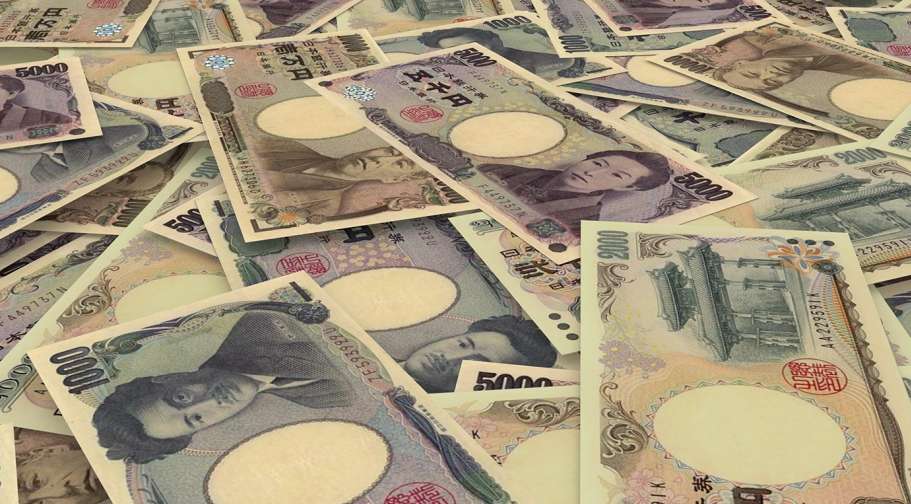On July 31, the Bank of Japan (BoJ) made a significant announcement, raising its benchmark interest rate to 0.25% for the first time in years, while simultaneously halving its government bond purchases. This decision marks a noteworthy shift away from nearly two and a half decades of aggressive monetary stimulus that characterized Japan's economic policy. Analysts and economists viewed this move as a sign of potential normalization of the monetary policy as Japan grapples with rising inflation and changing economic conditions.
This policy shift came at a time when the Japanese economy is witnessing signs of inflation, which has led the central bank to reassess its long-standing accommodative stance. The decision to increase the overnight lending rate reflects the BoJ’s intention to shift towards more conventional policy frameworks, especially as inflationary pressures mount in the economy. With consumer prices rising, the central bank is compelled to navigate the delicate balance between supporting economic growth and controlling inflation.
On August 1, following the BoJ’s announcement, the Japanese stock market experienced a sharp downturn. The Nikkei 225 index dropped by more than 1300 points, breaching the 38,000 mark, resulting in a nearly 3.5% decline. By the end of the trading day, the index closed at 38,126.33, reflecting a decrease of 2.49% and erasing gains made the previous day. Such stark movements in the stock market can often indicate investor concerns regarding future economic conditions and the potential impacts of increased interest rates.
The Bank of Japan indicated that if the economic trajectory aligns with their forecasts, they are likely to continue raising interest rates. Although the nominal rates have increased, the real interest rates—after factoring in inflation—remain negative. This indicates a complex scenario where, despite raising rates, the purchasing power for consumers could still be stifled if wage growth does not keep up with inflation. Bank president Kazuo Ueda asserted that while personal consumption might decline due to rising prices, it is also true that wages are on the rise, which could help sustain consumption levels.

The implications of the BoJ's policy changes are profound. Some experts believe that moving towards higher interest rates may ultimately support a stronger yen and invigorate consumer spending by mitigating the cost of imported goods, which has been a concern for many Japanese households in recent months. In response to inflationary pressures and a weaker yen that drove up the prices of essential imports like gas and food, the BoJ is attempting to recalibrate its fiscal approach.
As one of the last central banks to raise rates amid a global trend towards tightening monetary policies, Japan's recent increases could signal the start of a broader monetary tightening cycle. With the U.S. Federal Reserve having raised interest rates multiple times in recent years, the widening interest gap has affected global investment flows, putting additional pressure on Japan to adopt a more aggressive stance in its monetary policy.
Historically, Japan has maintained low or negative interest rates to combat deflation and stimulate growth. This approach originated during the “lost decades” following the asset price bubble burst in the early 1990s. The BoJ's intent to maintain an aggressive monetary stance aimed at bolstering economic activity had been met with criticism, especially as rising consumer prices threatened to erode gains from low interest rates.
With the conclusion of negative interest rate policies earlier this year, the BoJ indicated it will no longer control government bond yields, marking a historic change in Japan’s approach to fiscal management. As the Bank aims to cut its government bond purchases significantly over the next few years, it has sparked discussions on the potential revival of the domestic economy and revamped economic strategies once viewed as too cautious.
The shifting economic landscape in Japan underlines the importance of adaptability in monetary policy as global economic pressures continue to evolve. The focus will be on how these changes influence domestic spending patterns, particularly the housing market, where rising interest rates could give way to increased mortgage payments, impacting broader economic sentiments.
Furthermore, as global interest rates rise, many Japanese investors are closely monitoring currency fluctuations. A stronger yen could enhance returns on domestic investments and influence the financial strategies of those with heavy overseas exposure. The challenge for the Japanese central bank will be to ensure higher interest rates do not stifle economic growth or consumer confidence, especially considering the delicate nature of Japan's recovery from the economic ramifications of the pandemic.
Amidst these developments, political responses within Japan have started to evolve as well. Lawmakers, particularly within the ruling Liberal Democratic Party, have begun to advocate for monetary policy normalization. Taro Kono, a senior party official, emphasized the need for a robust yen and raised voices within the government indicate a shift towards supporting a more conventional economic approach.
In conclusion, the BoJ’s recent policy changes serve as a critical touchpoint for Japan’s economic future. As the nation grapples with inflation, shifting consumer behavior, and the implications of global economic strategies, the path towards economic stabilization will hinge on balancing between fostering growth and restraining inflation. Investors, economists, and consumers alike will be watching closely as Japan navigates this intricate economic landscape, hopeful for a return to more favorable economic conditions in the near future.